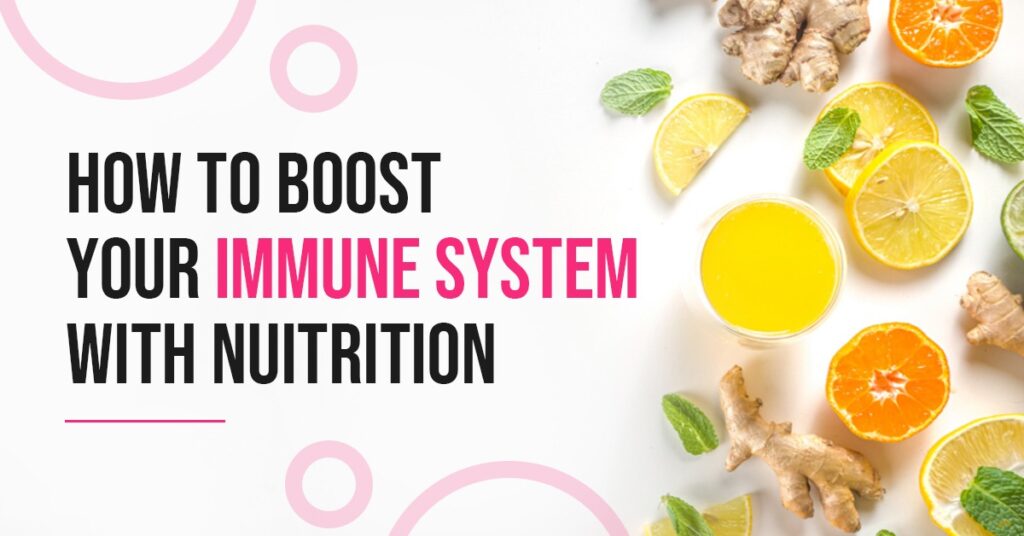Feeling overwhelmed by the constant barrage of fad diets and weight loss quick fixes? Achieve your weight management goals through a Balanced Diet and Healthy Eating! Our experts can help you master weight management with a Balanced Diet & Healthy Eating. We’ll explore the concept of a Balanced Diet, Nutrition for weight loss and guide you through creating a personalized meal plan packed with nutrient-dense foods.
What is a Balanced Diet?
A Balanced Diet, synonymous with Healthy Eating, is the cornerstone of successful weight management. It goes beyond simply restricting calories and focuses on providing your body with all the essential nutrients it needs to function optimally. These nutrients include carbohydrates, protein, healthy fats, vitamins, and minerals. By incorporating a variety of colourful fruits and vegetables, whole grains, lean protein sources, and healthy fats like those found in avocados, nuts, and olive oil, you ensure your body receives the building blocks for optimal health and well-being.
Setting Realistic Weight Management Goals
It’s important to understand that weight management is a marathon, not a sprint. Setting realistic goals is crucial for sustainable success. Don’t fall prey to unrealistic expectations and fad diets that promise rapid weight loss. Instead, focus on achievable milestones. A healthy weight loss rate is generally considered to be 3-4 kgs per month. This allows your body to adjust gradually and promotes long-term lifestyle changes.
Creating a balanced meal plan: How to Manage Weight With a Balanced Diet!
Meal planning is a powerful tool for weight management. By planning your meals in advance, you can avoid unhealthy choices when hunger strikes. Here’s where your balanced diet comes into play! Structure your meal plan around Nutrient-dense foods:
- Breakfast: Start your day with a combination of protein, fiber, and healthy fats to keep you feeling full and energized throughout the morning. Examples include oats with fruits and nuts, fruit smoothie or vegetable poha and upma.
- Lunch: Opt for a light and satisfying lunch packed with lean protein, complex carbohydrates, and healthy fats. Think bajra/jowar roti with dal and sabzi, brown rice with some fish and veggies.
- Dinner: Your dinner should feature a protein source, vegetables, and a whole grain. Grilled fish/chicken with some tossed veggies and a paneer sandwich are tasty and balanced options. You can even keep it light moong dal khichdi along with some salad.
- Snacks: Healthy snacks can help curb cravings and maintain energy levels between meals. Choose fruits, vegetables, nuts, yogurt, or hard-boiled eggs.
Remember, this is just a sample template. Feel free to personalize your meal plan based on your preferences and dietary needs.
Tips For a Balanced Diet For Weight Loss:
- Nutrient-dense foods: Prioritize fruits and vegetables. They are low in calories and packed with essential vitamins, minerals, and fiber to keep you feeling full and energized. Don’t underestimate the power of colourful fruits and vegetables! They add variety, flavour, and essential nutrients to your diet.
- Whole Grains: Whole grains provide sustained energy and promote satiety, keeping you fuller for longer. Replace refined grains like white bread and pasta with whole-wheat options, brown rice, quinoa, or oats.
- Lean Protein Sources: Protein plays a vital role in building and maintaining muscle mass, which helps boost metabolism and burn more calories. Choose lean protein sources like chicken, fish, beans, lentils, and tofu.
- Healthy Fats: Don’t fear healthy fats! They are essential for nutrient absorption, cell function, and satiety. Include healthy fats in your diet from sources like avocados, nuts, seeds, and olive oil.
The Role of Hydration
Hydration tips are often overlooked but crucial for weight management. Water works wonders! It helps you feel full, prevents overeating, flushes out toxins, and aids in digestion. Aim for 8 glasses of water per day as a baseline, adjusting based on your activity level and climate. When you feel hungry, sometimes it’s just your body thirsting! Drinking water can help curb cravings and prevent unnecessary snacking.
Mindful eating practices
Mindful eating involves paying attention to your body’s hunger and fullness cues while enjoying your food without distractions. This practice promotes healthy portion control and prevents overeating. Here are some tips to incorporate mindful eating into your routine:
- Eat slowly and savour your food. Put down your phone and focus on the taste and texture of your meal.
- Listen to your body. Stop eating when you feel comfortably full, not stuffed.
Conclusion:
Weight management is a journey best navigated with a Balanced Diet and Healthy Eating habits. By incorporating the strategies above and seeking guidance from a clinical nutritionist if needed, you can achieve lasting success. Embrace nutrient-dense foods, prioritize hydration, and practice mindful eating – Q Slim Fitness is here to support you every step of the way! Remember, consistency is key. Celebrate your progress and enjoy the process of creating a healthier, happier you!


